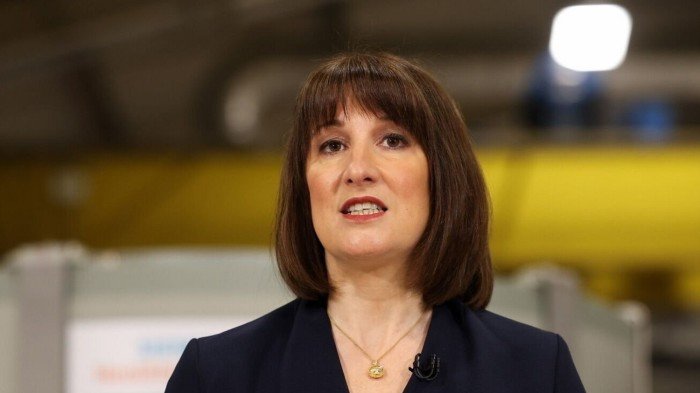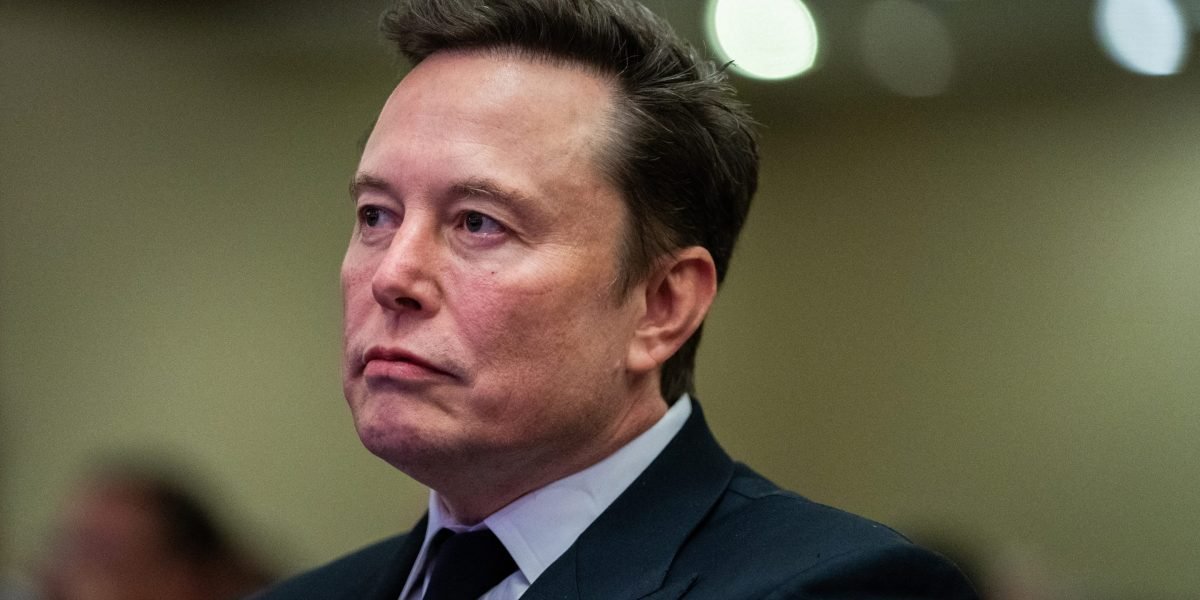Reeves faces having to cut spending or raise taxes as UK growth disappoints

Unlock the Editor’s Digest for free
Roula Khalaf, Editor of the FT, selects her favourite stories in this weekly newsletter.
Chancellor Rachel Reeves faces the prospect of having to cut public spending or raise taxes after the UK fiscal watchdog privately warned of a weaker economic outlook.
Preliminary forecasts from the Office for Budget Responsibility show the fiscal headroom that Reeves had in October against her key budget rule has been wiped out by factors including poor economic data, according to people familiar with the matter.
The forecasts, which were sent to the Treasury last week, could force the chancellor to pencil in tighter spending by government departments or find extra tax revenue in her Spring Statement on March 26.
It comes after a period of flatlining growth in the UK alongside an increase in government borrowing costs that has whittled away the margin against Reeves’ rule, which stipulates that current spending excluding investment be funded by tax receipts.
The first draft of the OBR’s forecasts, which will be published alongside the Spring Statement, reflects developments in the economy since Reeves’ October Budget but not the impact of any potential policy changes by her.
In October, the OBR’s forecasts showed Reeves had £9.9bn of headroom against her rule for the current budget to be in balance by 2029-30 — leaving her “almost no wriggle room”, according to the Institute for Fiscal Studies, a think-tank.
The OBR’s new preliminary forecasts suggest that headroom has been erased, people familiar with the matter said. The downgrade was first reported by Bloomberg.
The forecasts by the fiscal watchdog are set to change as there will be another four drafts before the outlook is presented to parliament on March 26.
Reeves will have the opportunity to rebuild a buffer against the current budget rule via tax and spending decisions she takes ahead of the Spring Statement.
But forecasts from other bodies including the Bank of England already point to a tough economic prognosis for the chancellor.
The BoE halved its 2025 growth estimate last week, saying it expected the economy to expand by just three-quarters of a percentage point this year — sharply below the OBR’s prediction of 2 per cent.
The Ernst & Young Item Club, another forecaster, has predicted growth of just 1 per cent in 2025.
The BoE predicted growth of 1.5 per cent in 2026, which is also below the OBR’s most recent forecast of 1.8 per cent.
The OBR’s estimates of potential growth — the speed at which the economy can expand without triggering inflation, and a key input into its forecasts — are also more optimistic than those of other analysts.
While the OBR expects potential growth to be more than 1.6 per cent by the end of its forecast period, the BoE’s own estimate is lower, at 1.5 per cent.
In addition, increases in gilt yields since the October Budget have further dented Reeves’ headroom, although a recovery in the bond market has mitigated some of the impact.
Analysts at Oxford Economics, a consultancy, last week estimated Reeves’ £9.9bn of headroom had been halved by the movements in bond prices.
An HM Treasury spokesperson said: “The government’s commitment to fiscal rules and sound public finances is non-negotiable.
“As previously announced, the OBR’s next forecast will be presented to parliament on 26 March alongside a statement from the chancellor. We do not comment on speculation around OBR forecasts.”
A spokesperson for the OBR declined to comment.
https://www.ft.com/__origami/service/image/v2/images/raw/https%3A%2F%2Fd1e00ek4ebabms.cloudfront.net%2Fproduction%2Fc06d0194-e745-4c16-84d1-122e94846b81.jpg?source=next-article&fit=scale-down&quality=highest&width=700&dpr=1
2025-02-11 22:24:17






